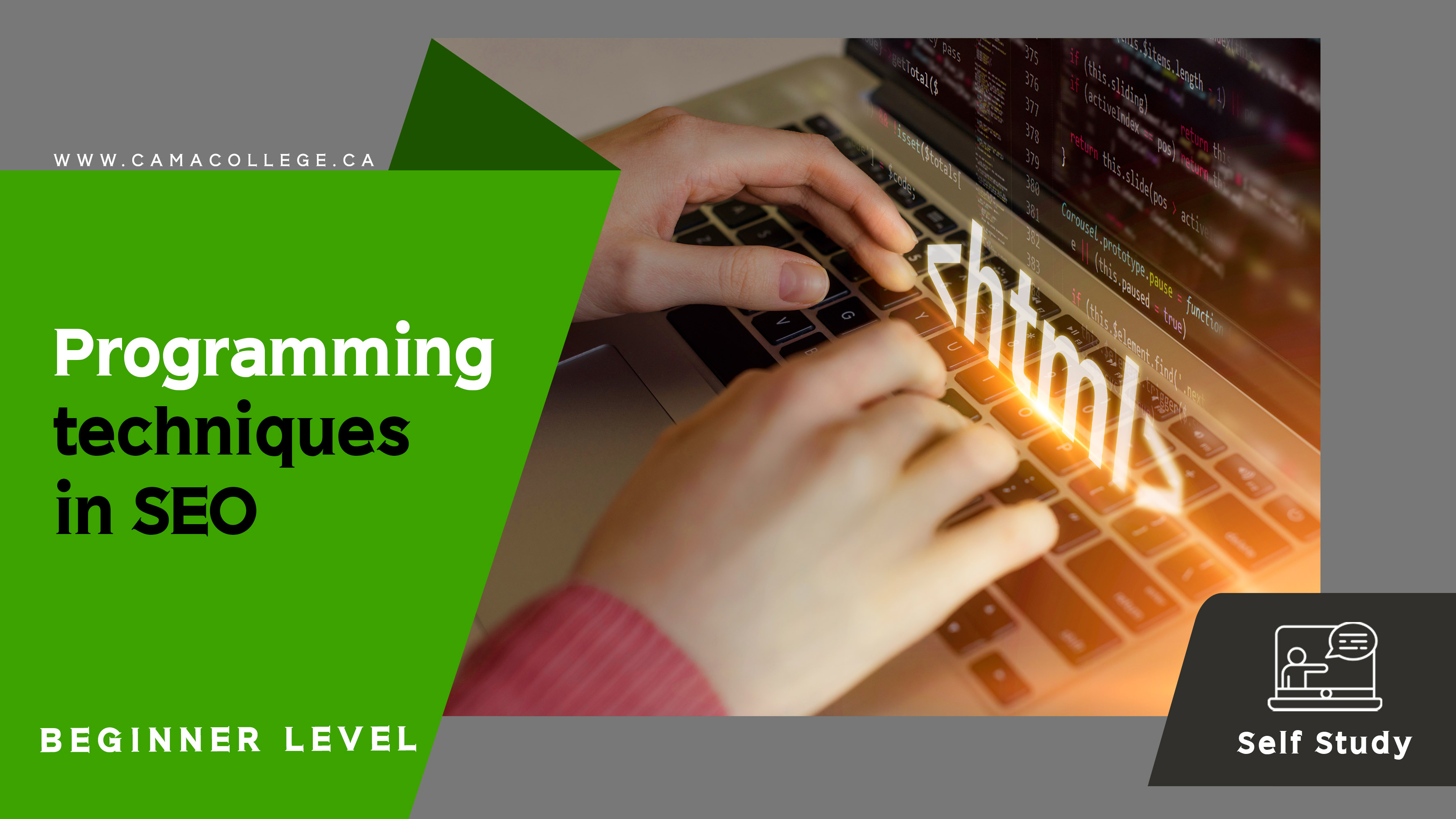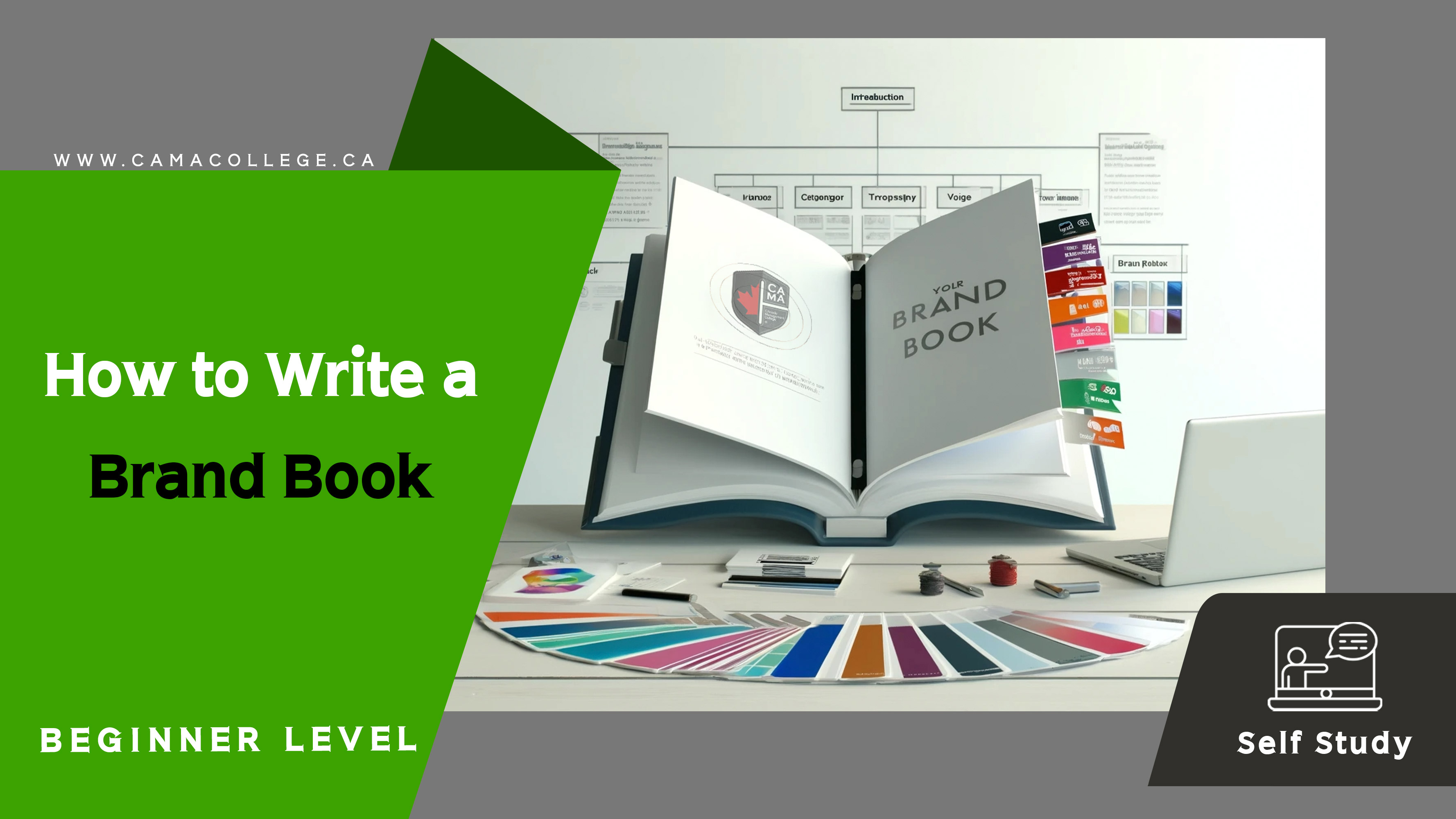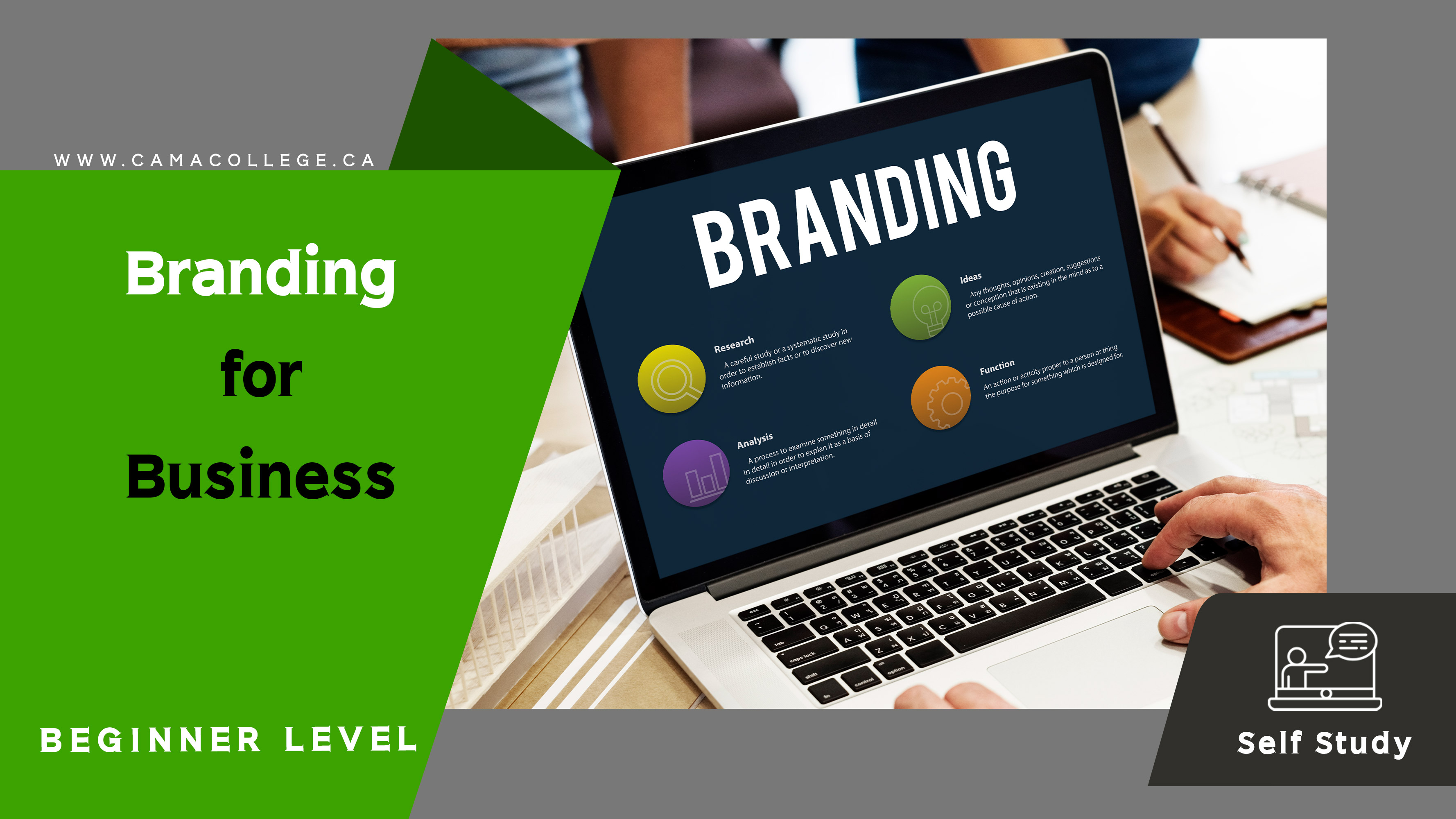Selling – Beginner
In Selling Beginner Course, we will help you start a well-organized process of laying the needed foundations to learn the art of …
What you'll learn
Introductory Remarks
Acquiring an understanding of the very basics of the subject matter based on the spirit of the course and given the necessity of starting with strong roots to both grow tall and remain unshakably steady
Basics of Psychology of Selling
Establishing a beginner-level understanding of psychological concepts and triggers and the nature of their ability to influence buying decisions from various angles so as to form proper connections with customers
Basics of Ice-breaking Techniques
Learning the introductory knowledge of breaking the ice as a process of vital importance if you wish to develop a connection with your potential customers and conduct correct contact with clientele
Basics of Presentation and Persuasion
Properly understanding the preliminary components of processes that incorporate presenting products and ideas persuasively so as to get a sense of how to influence decisions
Basics of Bargaining and Objection-handling
Becoming familiar with necessary, beginner-level concepts and skills to navigate through a variety of introductory bargaining scenarios and deal with the existing issues as far as sales objections are concerned
Basics of Closing Techniques
Learning about the fundamental principles and approaches used to properly seal different deals with different characteristics
Basics of Expanding Your Sales Network
Understanding the introductory strategies, paradigms, and tactics to start growing and maintaining a properly standard sales network that is capable of maintaining sales improvement
Leadership and Management in the 21st
In Leadership and Management in the 21st Century Beginner Course, you will be efficiently provided with the means to extensively explore the …
What you'll learn
Introductory Remarks
Mastering the basic terminology, history, evolution, significance, and nature of the topic to facilitate a fluent transition into more serious and central concepts
Strategic Thinking
Developing the ability to think strategically, analyze complex situations, and make informed decisions by learning about frameworks such as SWOT analysis, the Balanced Scorecard, Porter's Five Forces, and so on in order to assess the modern-day dynamism of both internal and external opportunities, capabilities, and challenges
Emotional Intelligence
Exploring concepts such as self-awareness, empathy, relationship management, etc. and learning how to apply these skills – both directly and through indirect modern means – to foster positive work environment, build trust, resolve conflicts, communicate effectively, and generate motivation towards business objectives
Digital Transformation
Retracing, examining, understating, and utilizing the impact of technological advancements on modern business practices in order to promote innovation, improve operations, and enhance relations by leveraging data analytics, artificial intelligence, and digital platforms as a necessity
Ethical Leadership
Maintaining overall integrity and social responsibility by learning about existing ethical frameworks, facets of corporate governance, and standard sustainability practices that can help resolve ethical dilemmas and make decisions that result in a culture of equality, integrity, and accountability
Conclusion
Following the methodological uniqueness and methodical tendencies in educational approaches of CAMA College, bringing the course to a proper conclusion and getting the whole picture by reviewing what was thoroughly taught and thought throughout the course so as to fortify its effectiveness for the participants
How to Write a Brand Book
In How to Write a Brand Book Beginner Course, you will learn the ways to create and manage comprehensive brand books that …
What you'll learn
Introductory Remarks
Establishing a clear, tangible, and scientifically accurate foundation containing basic terms, notions, roots, definitions, history, purposes, and examples in accordance with the scope of the course, the nature of its subject matter – specifically, its instrumentality – and the central approaches to its overall pedagogy
Brand Identity Essentials
Defining and articulating the core elements of a brand including its mission, vision, core values, audience, personality, collective voice, and all in all its raison d'etre
Logos, Graphics, Image and Imagery
Developing an understanding of the literal and non-literal image of a brand in every sense of the word including its visual representations, logo usage, color palette, typography standards, stylistic cohesion, photography guidelines, iconography, illustrations, design principles, etc.
Brand Messaging
Learning about the verbal aspects of a brand such as crafting a brand story, key messages, taglines, and the consistency of voice and tone in all of the communications of a brand
Implementation and Management
Learning the practical aspects of using and managing your brand book such as training your team and stakeholders to utilize the brand book as effectively as possible, monitoring your brand consistency over time, and updating and evolving the brand book as your brand itself evolves
Conclusion
Following the methodological uniqueness and methodical tendencies in educational approaches of CAMA College, bringing the course to a proper conclusion and getting the whole picture by reviewing what was thoroughly taught and thought throughout the course so as to fortify its effectiveness for the participants
Business Plan and Financial Modeling – Beginner
In Business Plan and Financial Modeling Beginner Course, we have meticulously designed an introductory educational experience to facilitate an effective understanding of …
What you'll learn
Introductory Remarks
Proceeding with a meticulously purposeful introduction to create a solid foundation and guarantee a quality learning with carefully planted roots which are necessary due to the level of the course and our emphasis on methodical approaches to maximize educational efficiency
Basics of Market and Environmental Analysis
Getting familiar with the basic principles of evaluating market conditions and assessing environmental factors, factors that are able to influence business performance if worked with correctly
Basics of Business Model Analysis
Learning the introductory concepts needed to understand the techniques that help evaluate business models in order to ensure feasibility, sustainability, and profitability
Basics of Business Planning
Gaining fundamental insights into initializing operational plans and learning their interactions with company objectives as well as real-life variables
Basics of Financial Statements
Learning the basic concepts – and pinpoint the basic terminology – in those financial statements that are frequently stumbled upon in prevalent business scenarios
Basics of Financial Analysis
Taking the steps to develop beginner-level skills in dealing with financial data in order to gradually get equipped with the tools to make informed business decisions
Basics of Financial Modeling and Scenario Planning
Learning the rudimentary knowhow when it comes to compiling and constructing financial models as well as beginning to simulate basic business scenarios with the purpose of mastering the fundamentals of predicting future outcomes in such scenarios
Branding for Business
In Branding for Business Beginner Course, you will embark on a journey towards learning about one of the most prominent and impactful …
What you'll learn
Introductory Remarks
Gaining the necessary foundational knowledge by learning about basic concepts such as definition, history, and significance of branding for the growth of any business
Brand Identity Development
Creating a distinctive and cohesive brand identity that specifies the mission, vision and values of a brand as well as its personality and target audience
Establishing a Brand Strategy
Learning to position your brand in the market and differentiate it from other brands by developing a Unique Selling Proposition (USP), pinpointing the brand’s position in the market, and conducting analyses of the competition to gain a competitive edge
Visual Branding Elements
Creating the visual aspects of your brand by learning about concepts like designing a logo, choosing a color palette, and complementing these visual elements using typography
Brand Messaging
Developing the verbal, textual and narrative aspects of your brand’s communication by learning about the voice and tone of the brand to maintain an authentic consistency, learning about taglines and slogans to effectively convey the message, and learning about storytelling for the brand to engage, and resonate, with the audience








